Cultivating Knowledge: VJIM Students Explore Organic Farming and Rural Development at DRNVJIRD
In the academic year 2024-25, the Vignana Jyothi Institute of Management (VJIM) embarked on a journey to bridge the gap between academic theory and real-world practice. The institute launched its transformative Rural Immersion Program, offering students an invaluable opportunity to connect with rural India. Dr. Amanat Husain, Assistant Professor in Agribusiness at VJIM, is the faculty coordinator for the rural immersion program which is aimed to provide students with firsthand exposure to the agricultural landscape and its challenges.
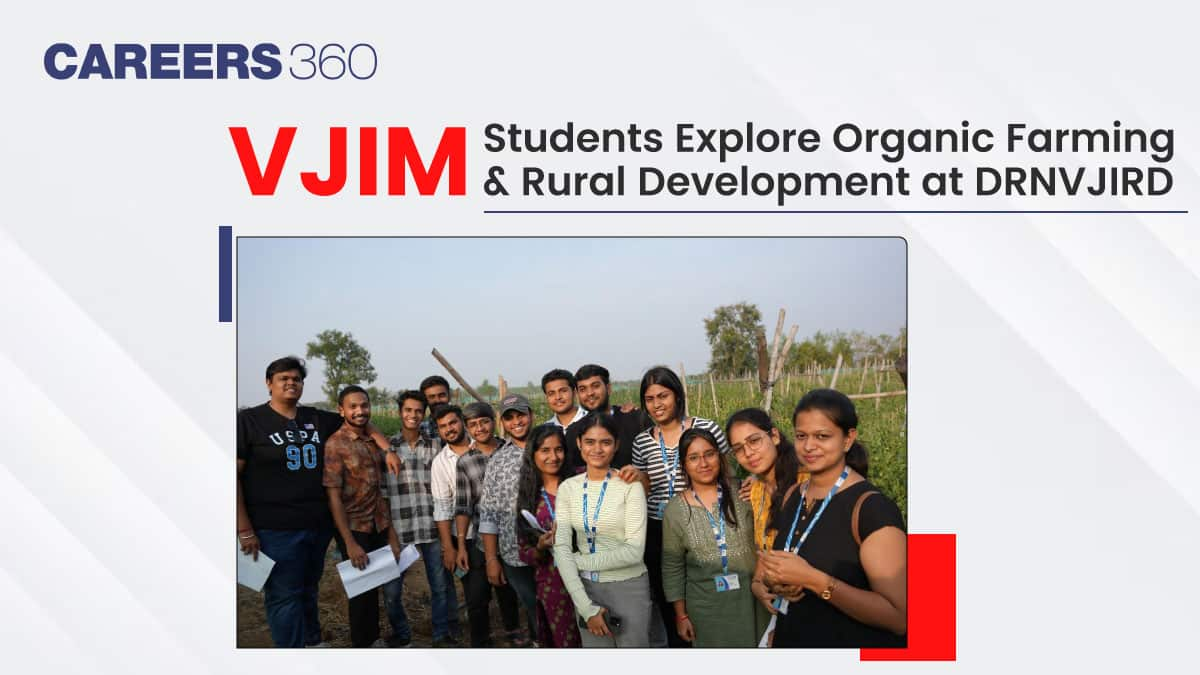
The program was not only supported by academic faculty but also received significant involvement from the senior leadership of the institute. Alongside other faculties of VJIM, the Director, Prof. (Dr.) Bharat Bhushan Singh, Dean Dr. D. Ravinath, and Program Head Dr. Padmaja Nalluri also participated, ensuring a strong guidance system for the students as they embarked on this immersive experience. This active involvement from the leadership team reflected VJIM's commitment to providing a well-rounded and enriching educational experience for its students.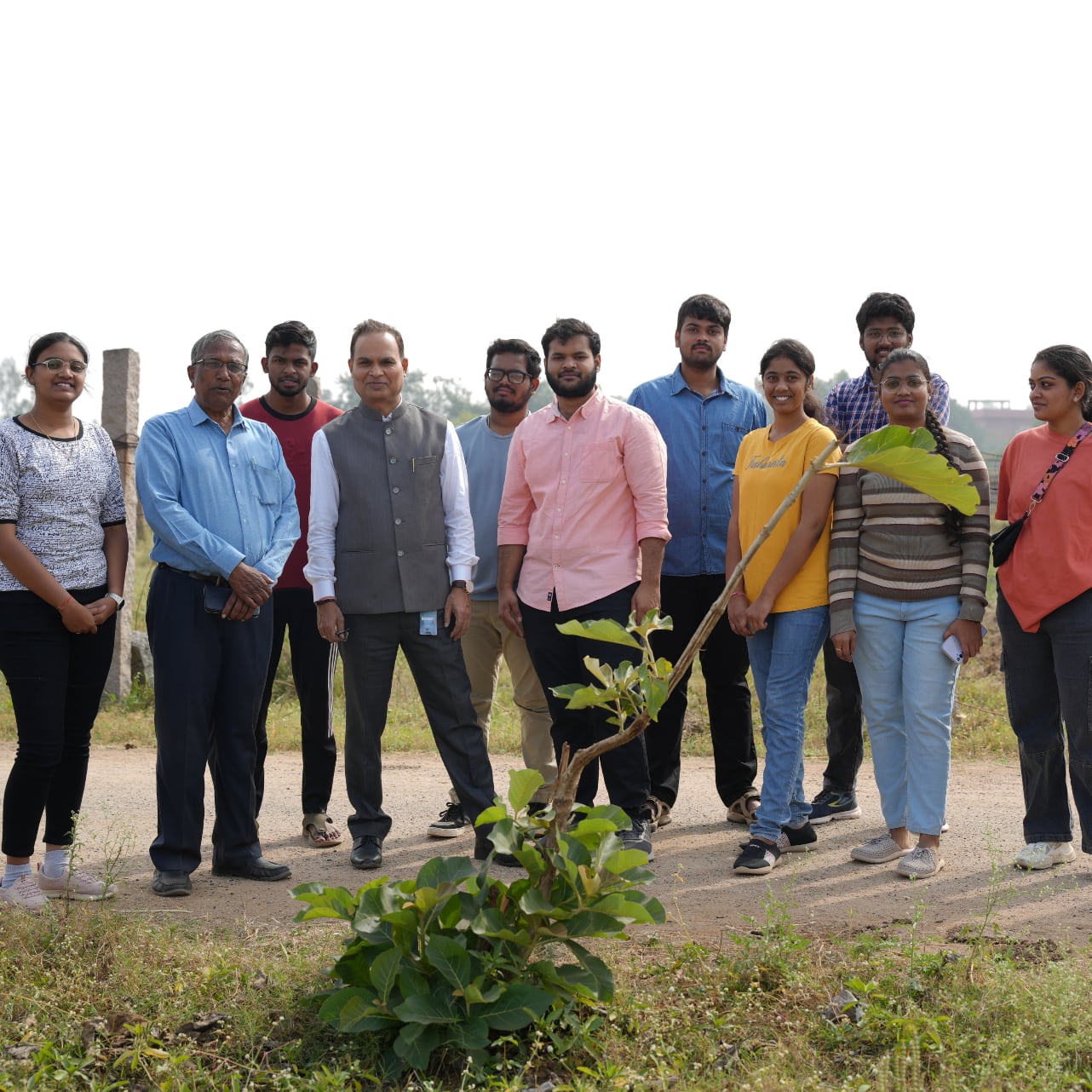
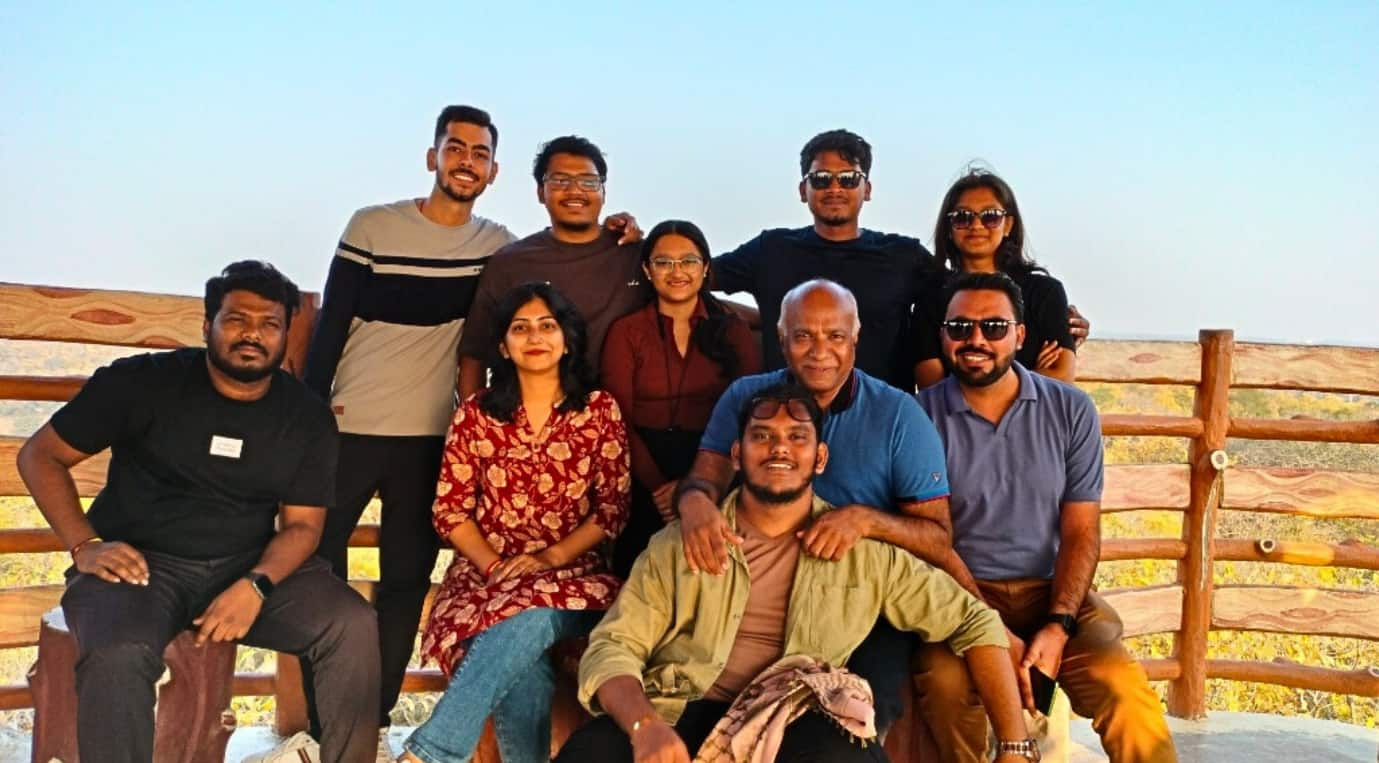
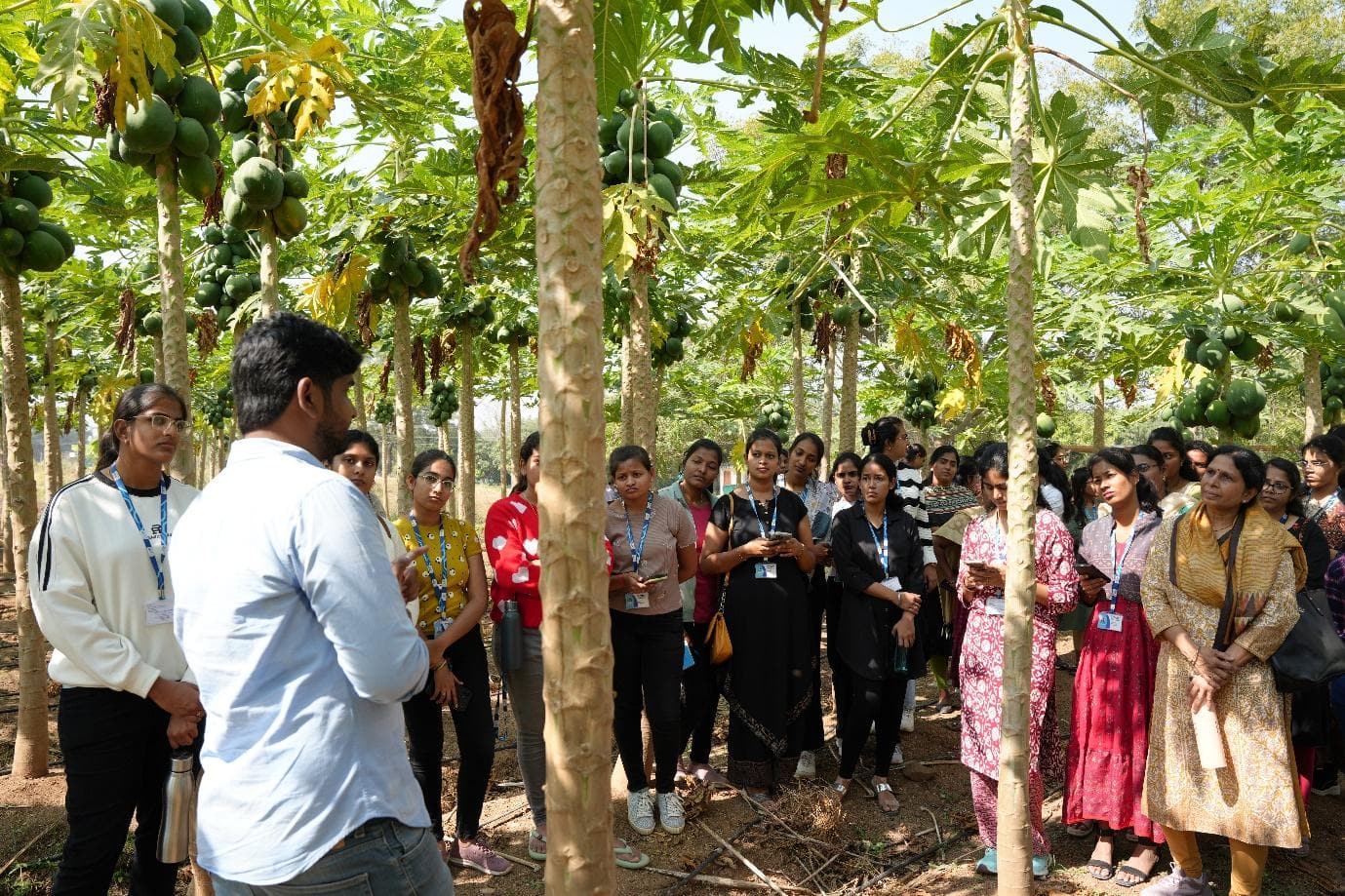
The immersion program welcomed students from the 31st and 32nd batches, with a total strength of 510 participants. Out of these, 413 students ventured into rural areas to engage directly with the agrarian community. The goal was to give students a deeper understanding of rural life, agricultural practices, and the socio-economic challenges faced by farmers, shaping them into future leaders who could contribute to resolving rural India's pressing issues.
The program was a well-rounded experience, designed to offer both educational and experiential learning. Students began their immersion with tours to nearby farm sites that are affiliated with Dr. D. Rama Naidu Vignana Jyothi Institute of Rural Development. These visits provided students with valuable insights into the daily operations of farms and offered them a first-hand understanding of the complexities surrounding rural livelihoods and farming practices.
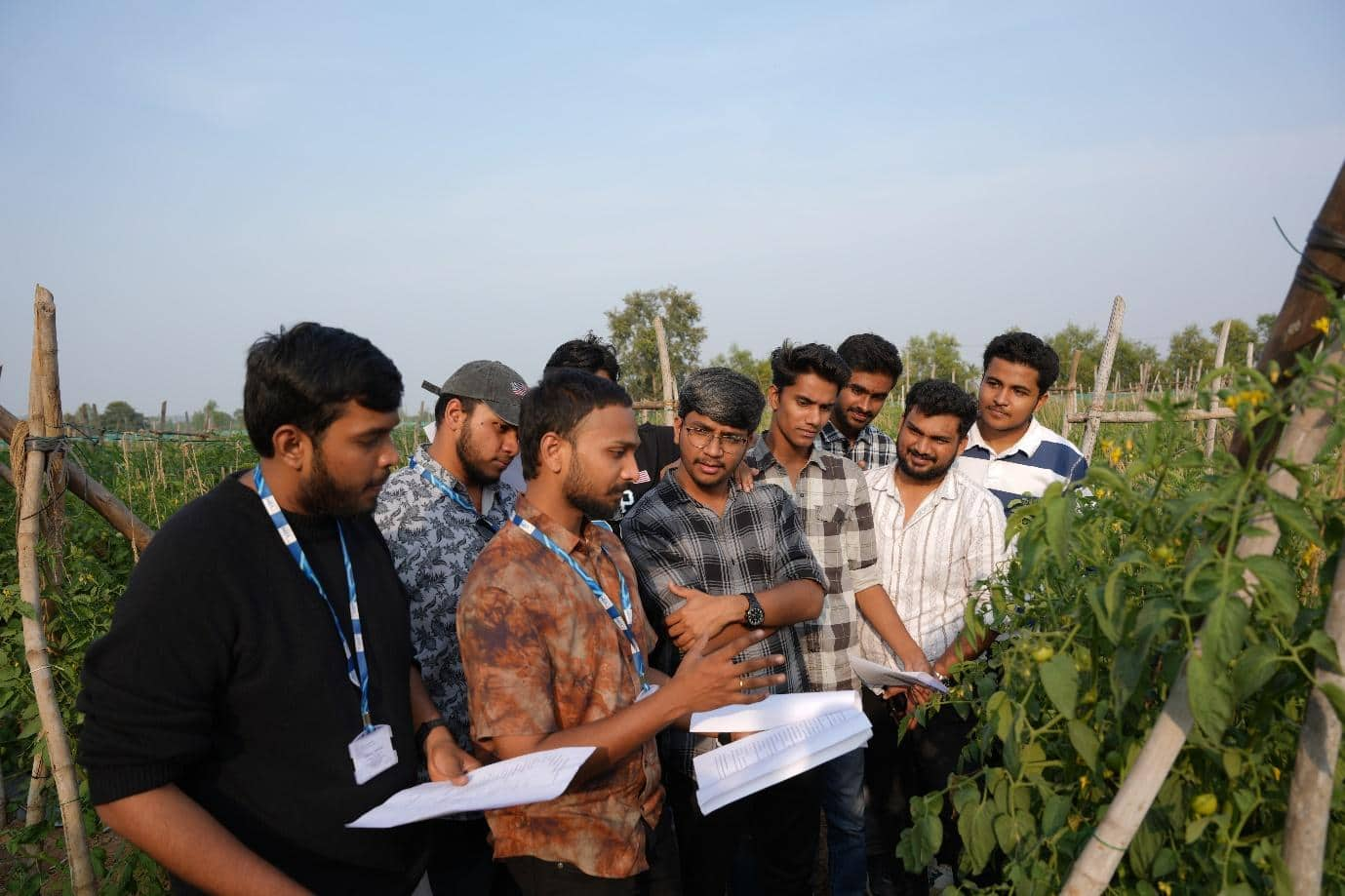
Another major highlight was a visit to the Krishi Vigyan Kendra (KVK), established by the Indian Council of Agricultural Research (ICAR). At the KVK, students learned about the vital role these centres play in offering training, demonstrations, and advisory services to farmers. They also discovered the cutting-edge agricultural technologies and research innovations that KVKs promote, along with the extension services they provide, such as village outreach programs and Kisan Melas.
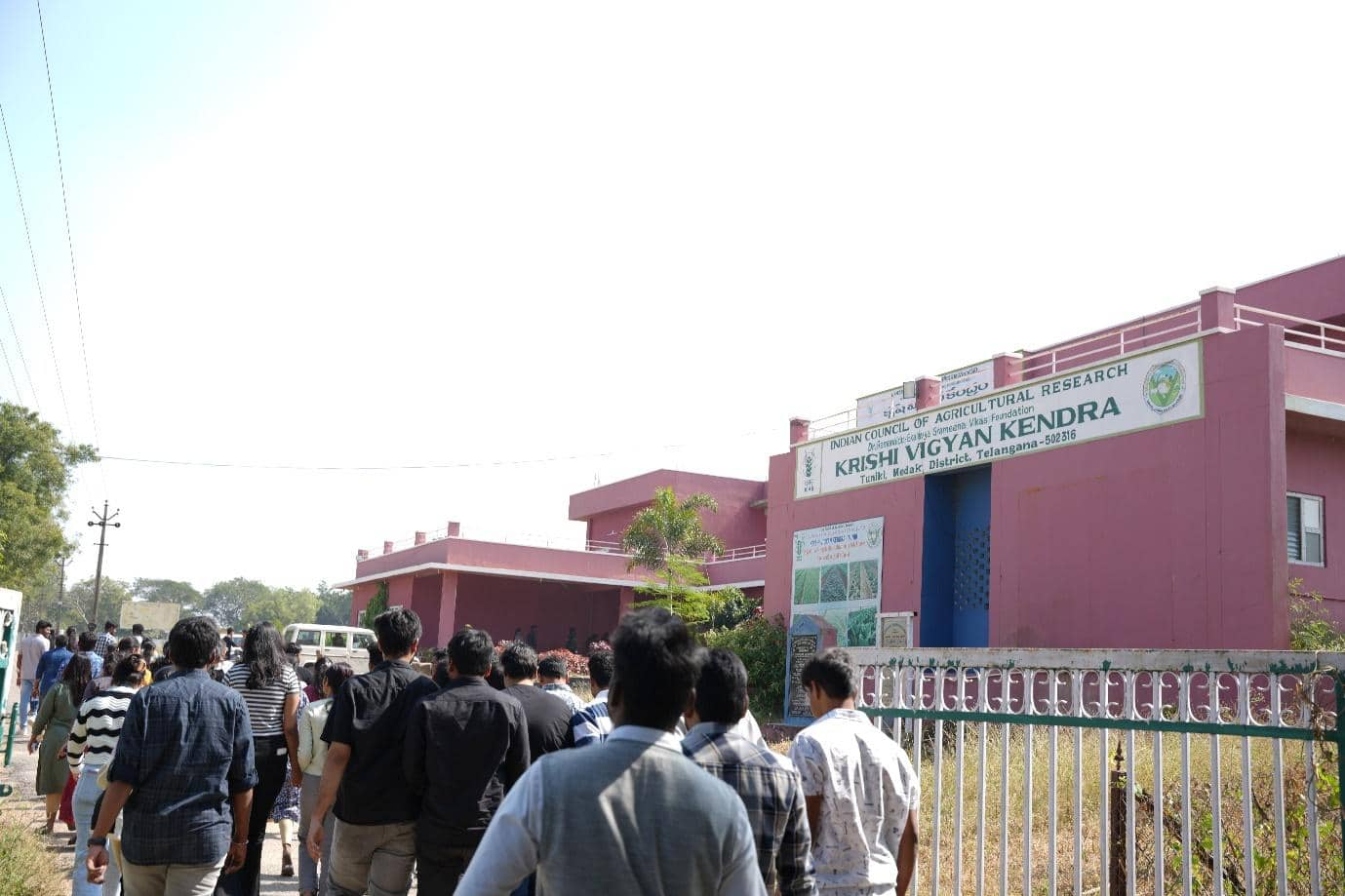
In addition to learning about farming techniques and technologies, the students participated in management and communication games. These activities were designed to enhance their leadership, problem-solving, and communication skills. Students engaged in team-building exercises that fostered collaboration, initiative, and critical thinking—skills they would need to manage rural development challenges effectively.
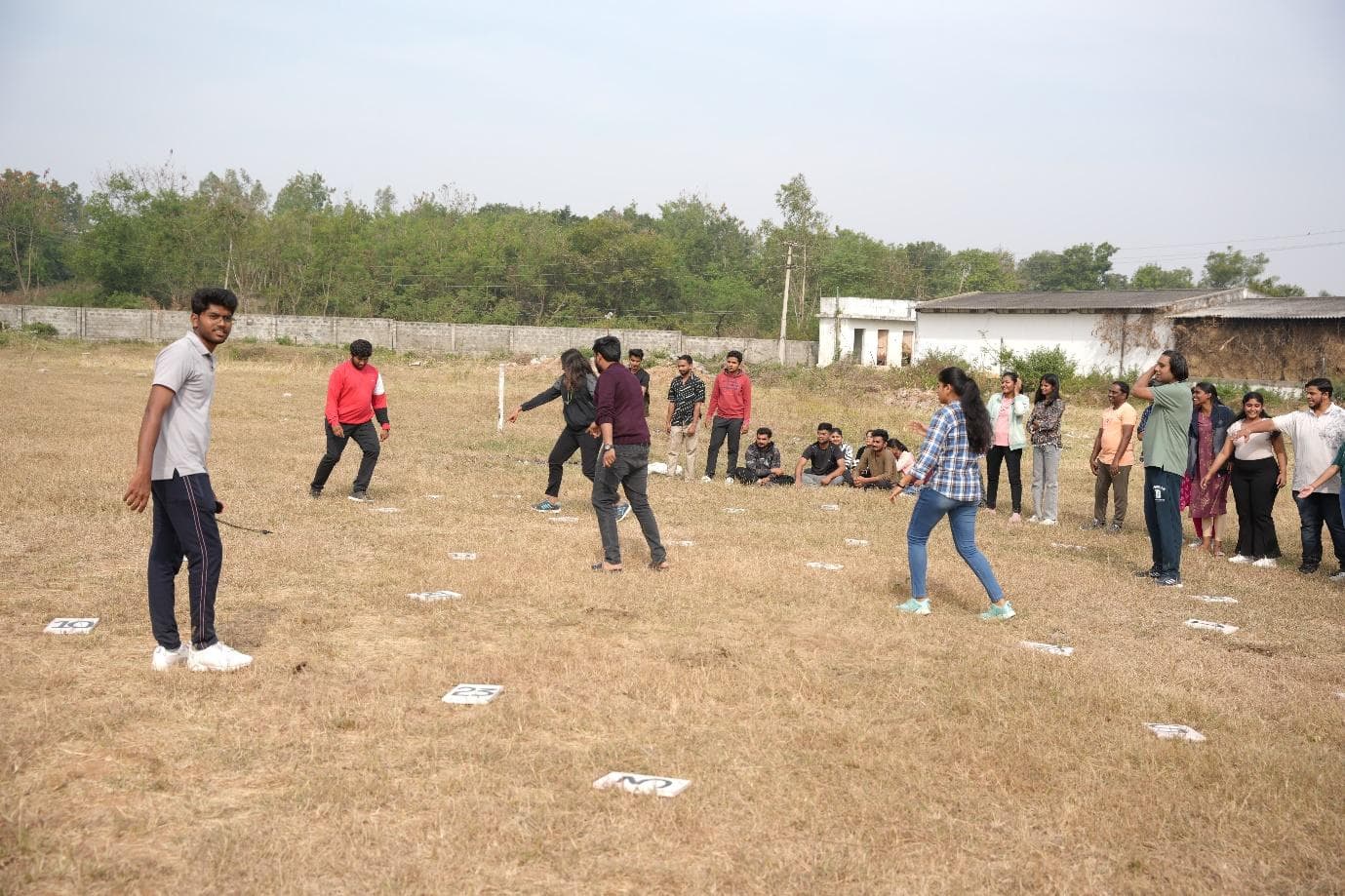
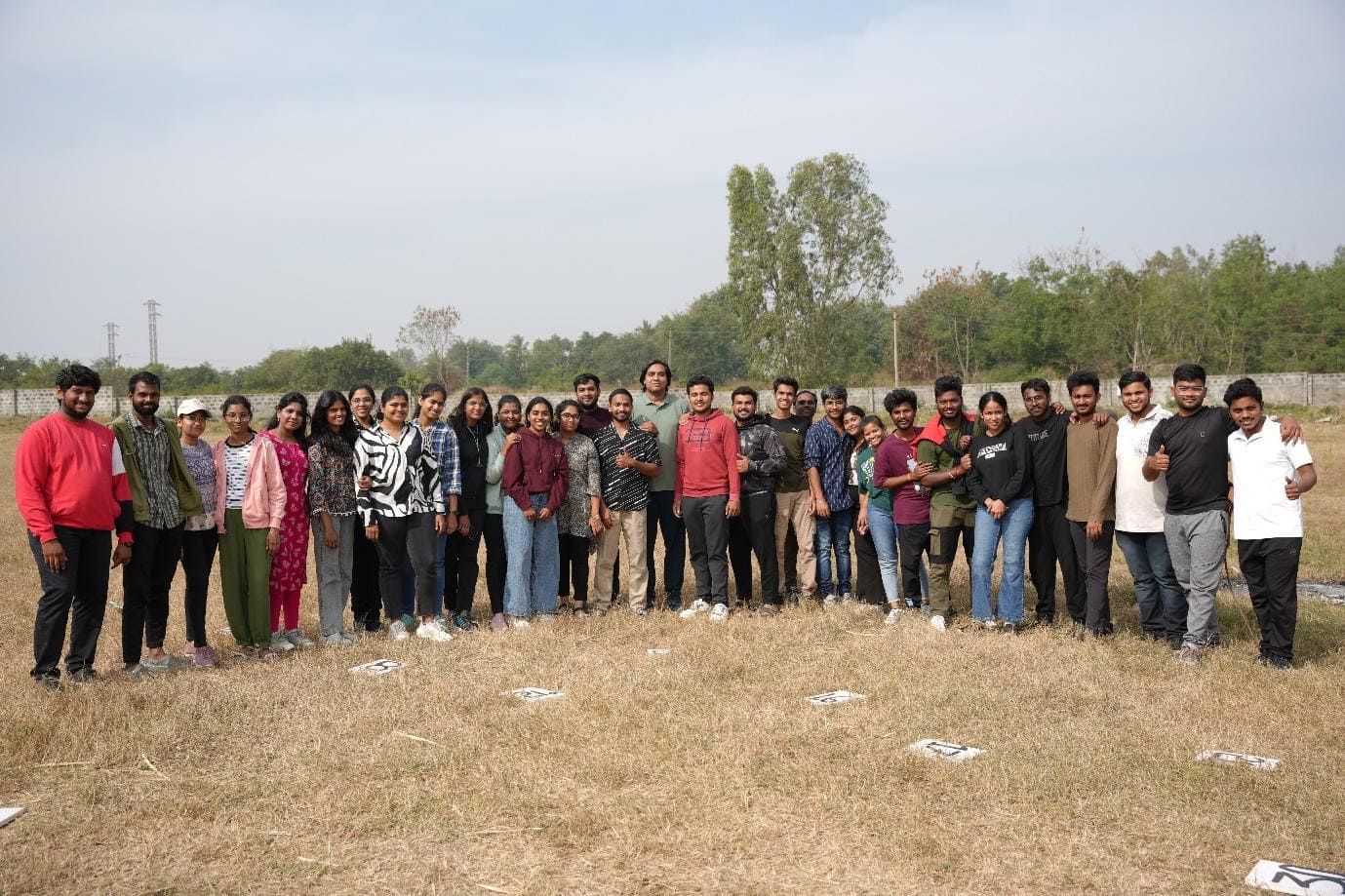
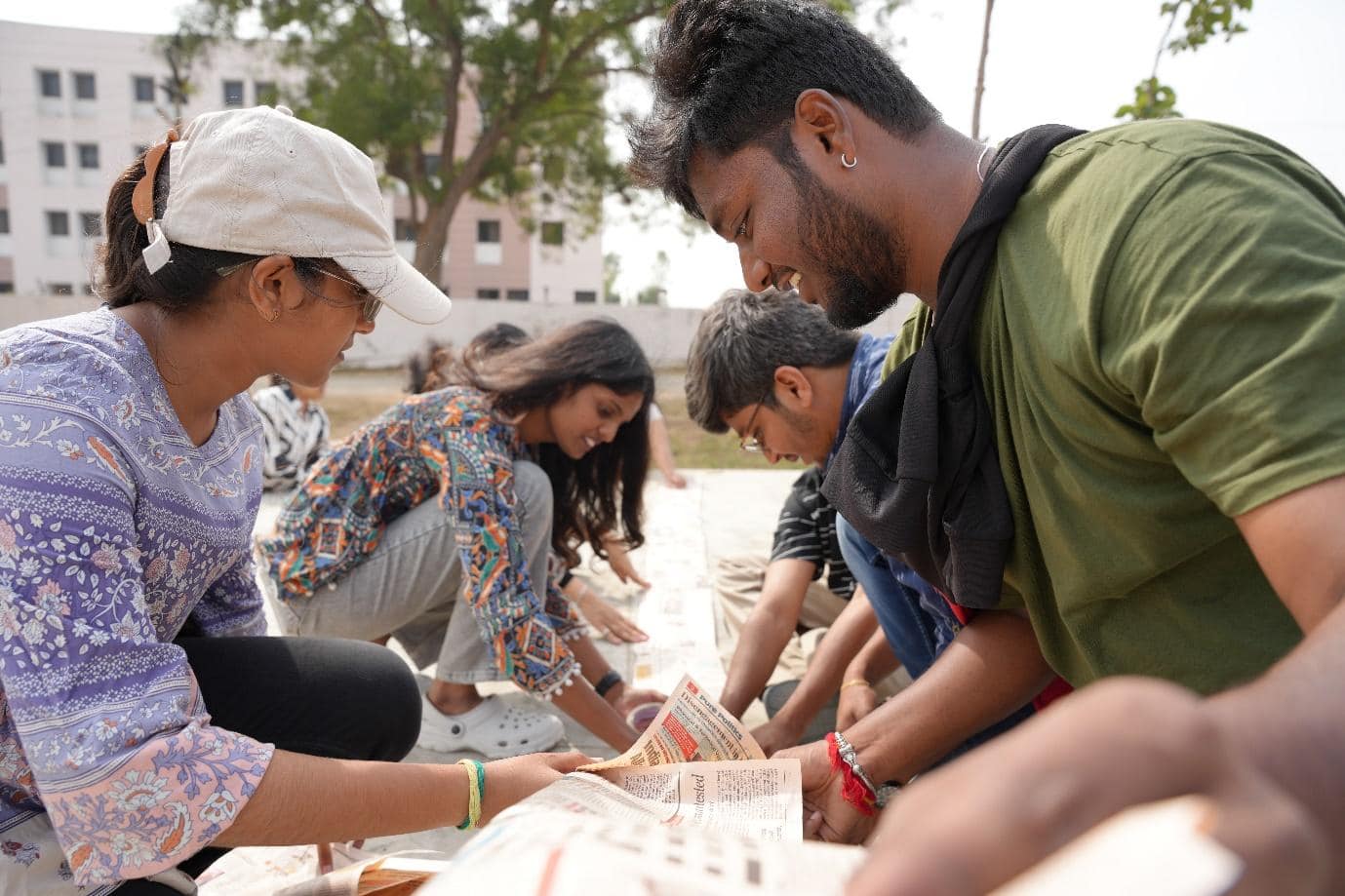
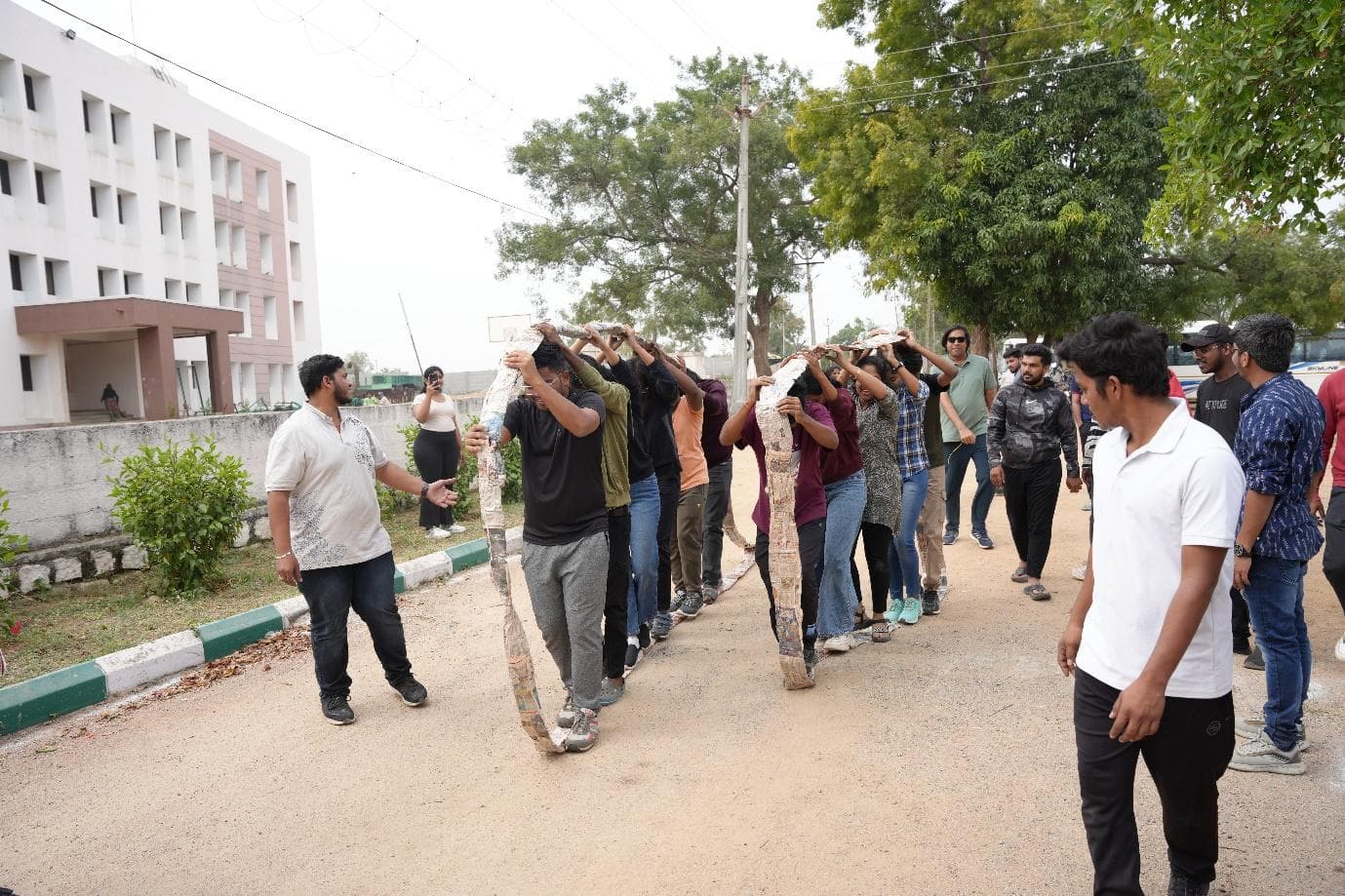
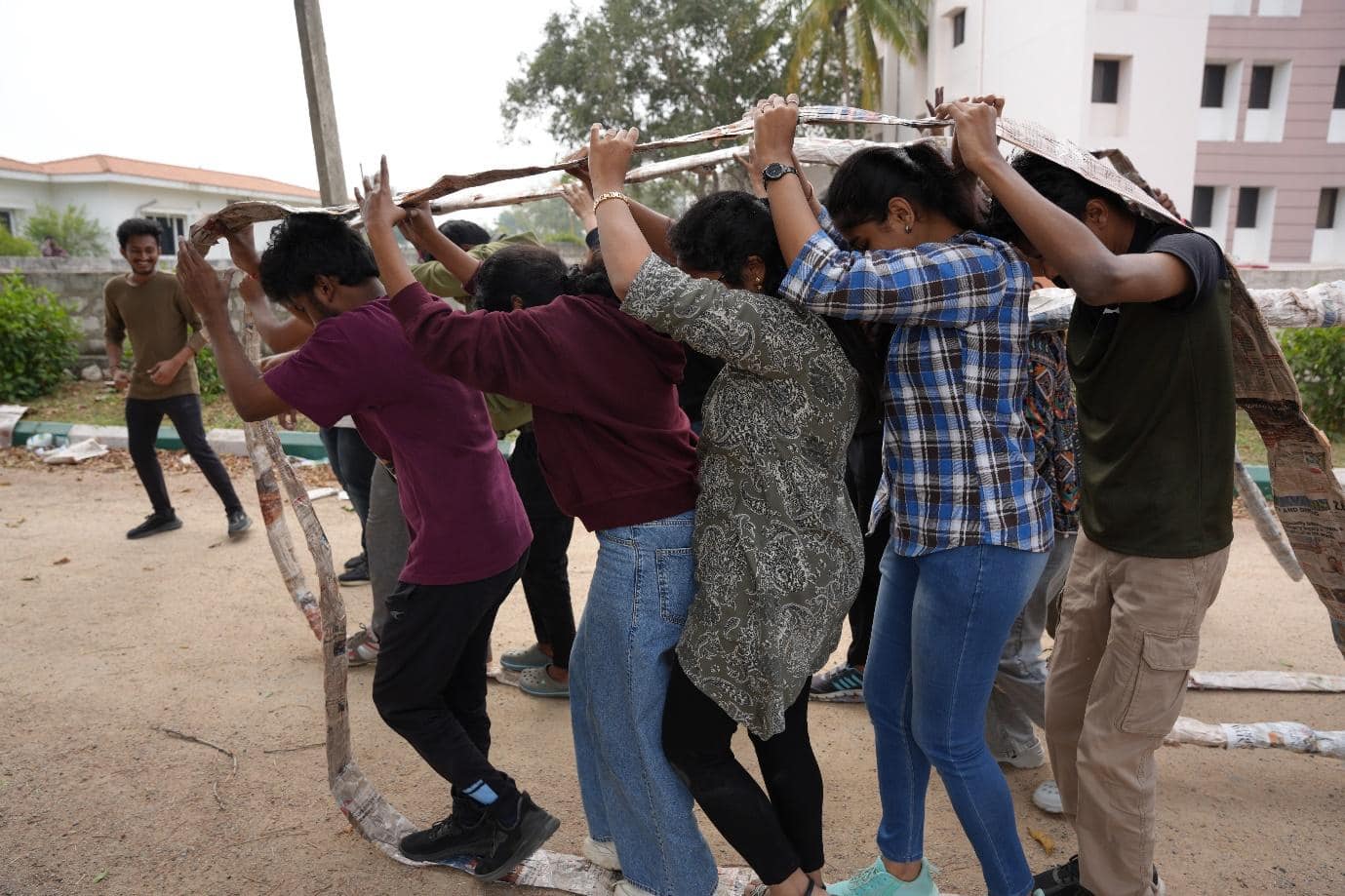
One of the most memorable aspects of the Rural Immersion Program was the cultural night, which allowed students to showcase their creativity and talents. They performed various rural-themed songs, celebrating the rich cultural heritage of rural India. The night was made even more special by a campfire, where students and faculty came together, strengthening their bonds and creating a sense of unity and shared purpose.
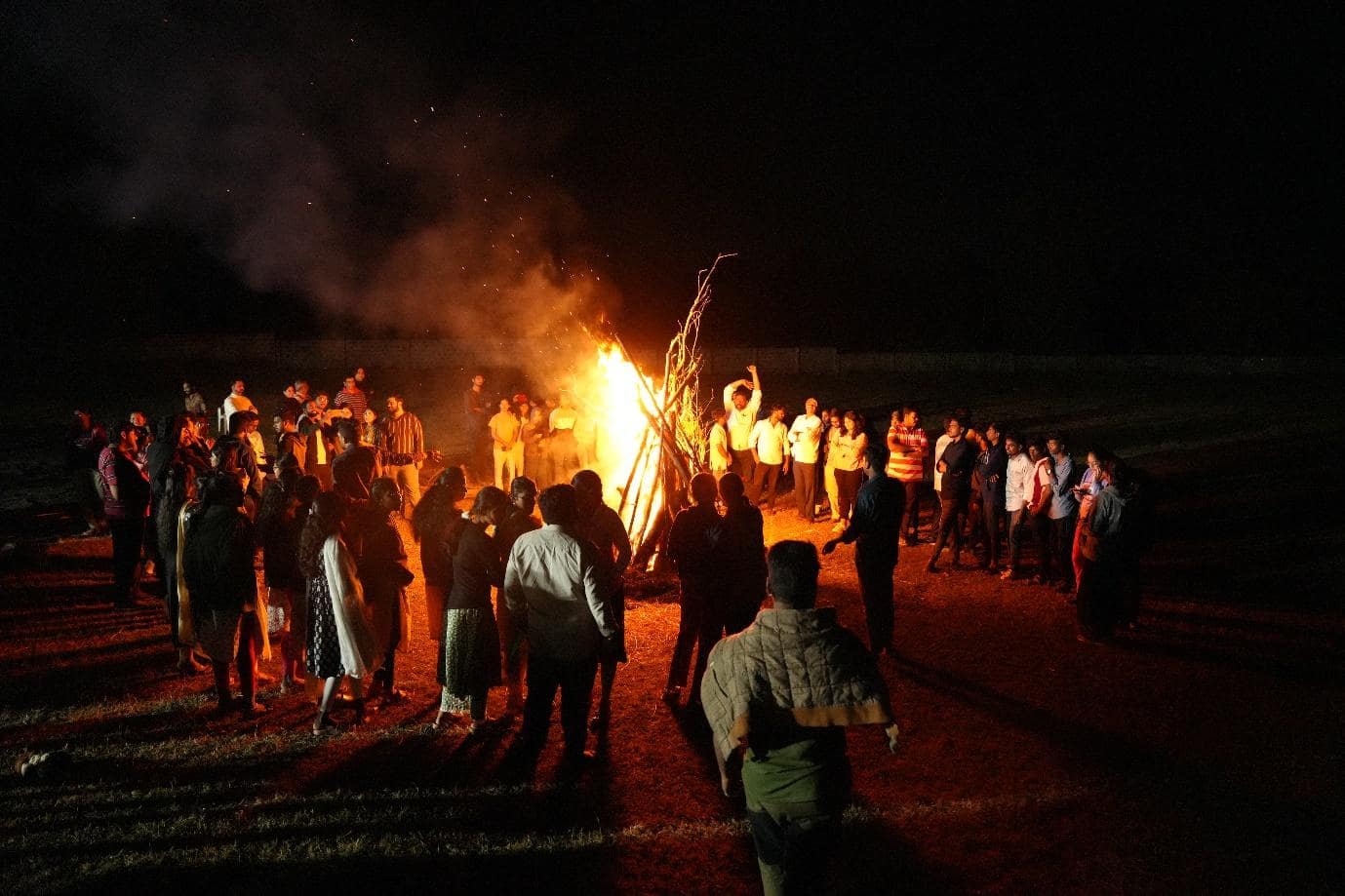
The program also included village surveys, where students gathered data on various aspects of rural life, such as the demographics of farmers, their farming practices, market access, and the challenges they face. This fieldwork offered students valuable insights into the everyday realities of rural communities and helped them understand the economic and social barriers that rural India faces. The surveys encouraged students to think critically about how management practices and rural development policies can make a meaningful impact.
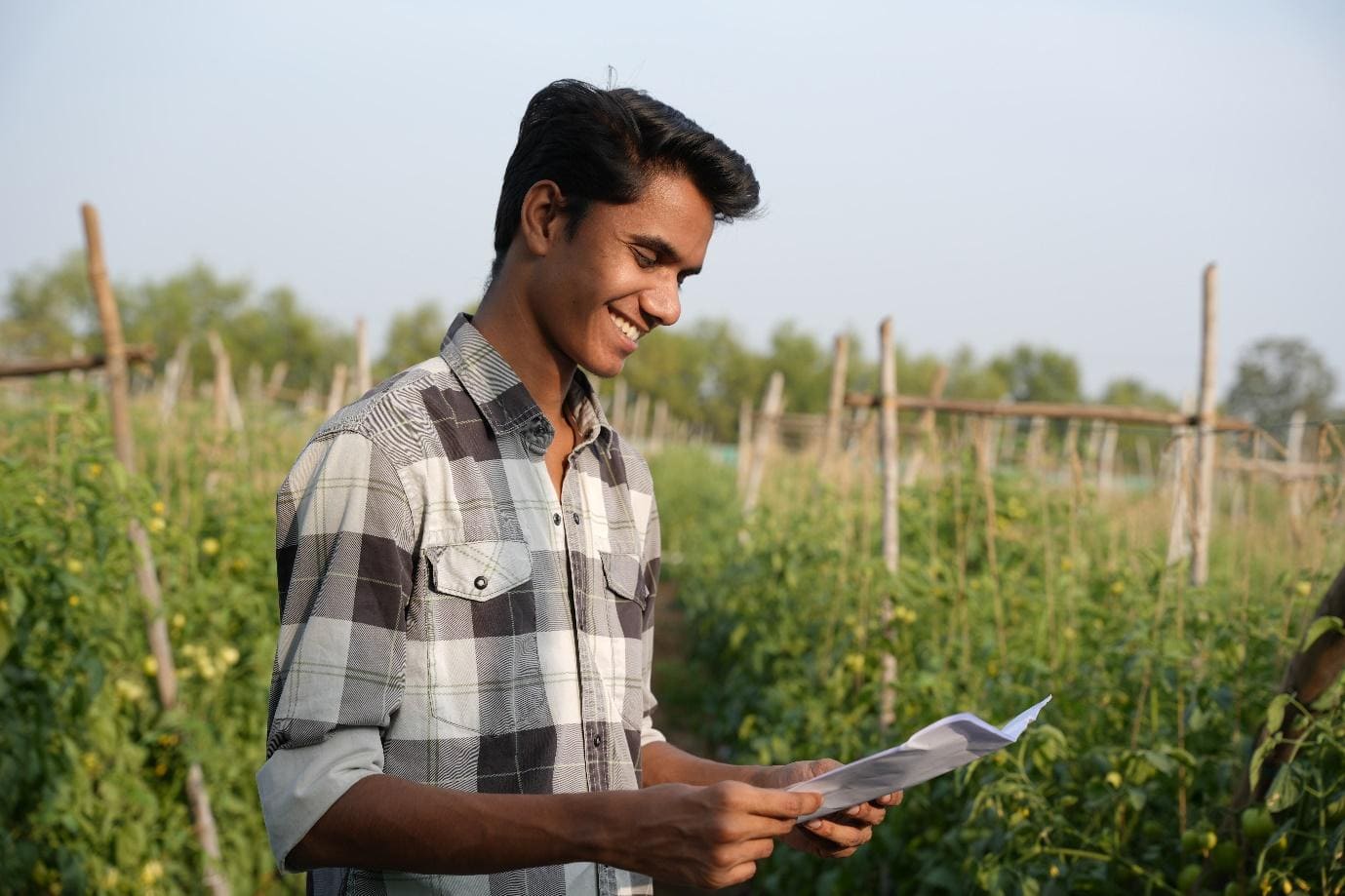
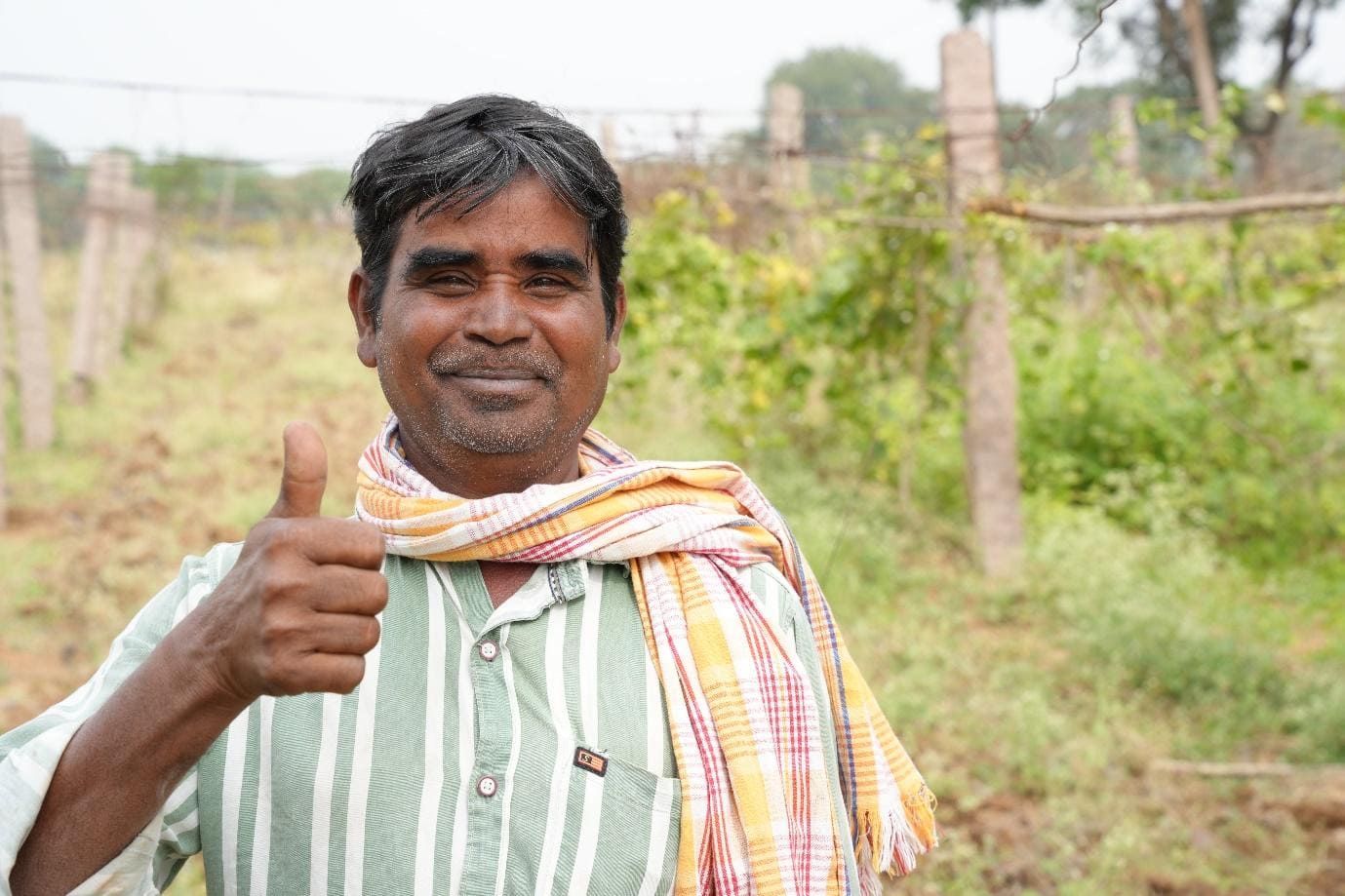
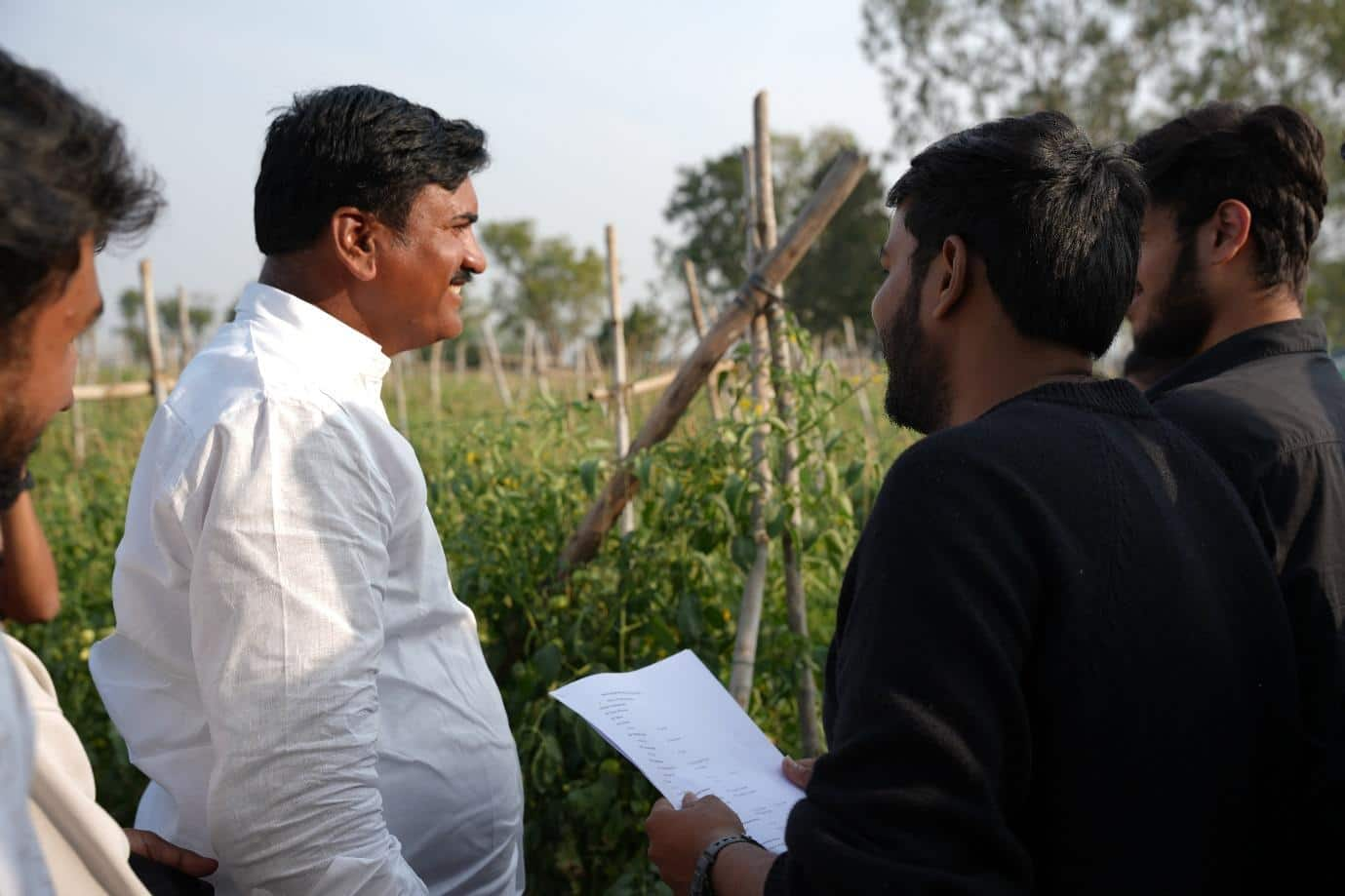
The experience wasn’t just confined to academic activities. To deepen their connection with nature and the environment, students embarked on a trekking expedition in the Narsapur Forest. The trek offered a chance to experience the beauty of rural landscapes and reinforced the importance of sustainable agricultural practices. Students also came away with a profound understanding of how environmental conservation and rural development can go hand in hand.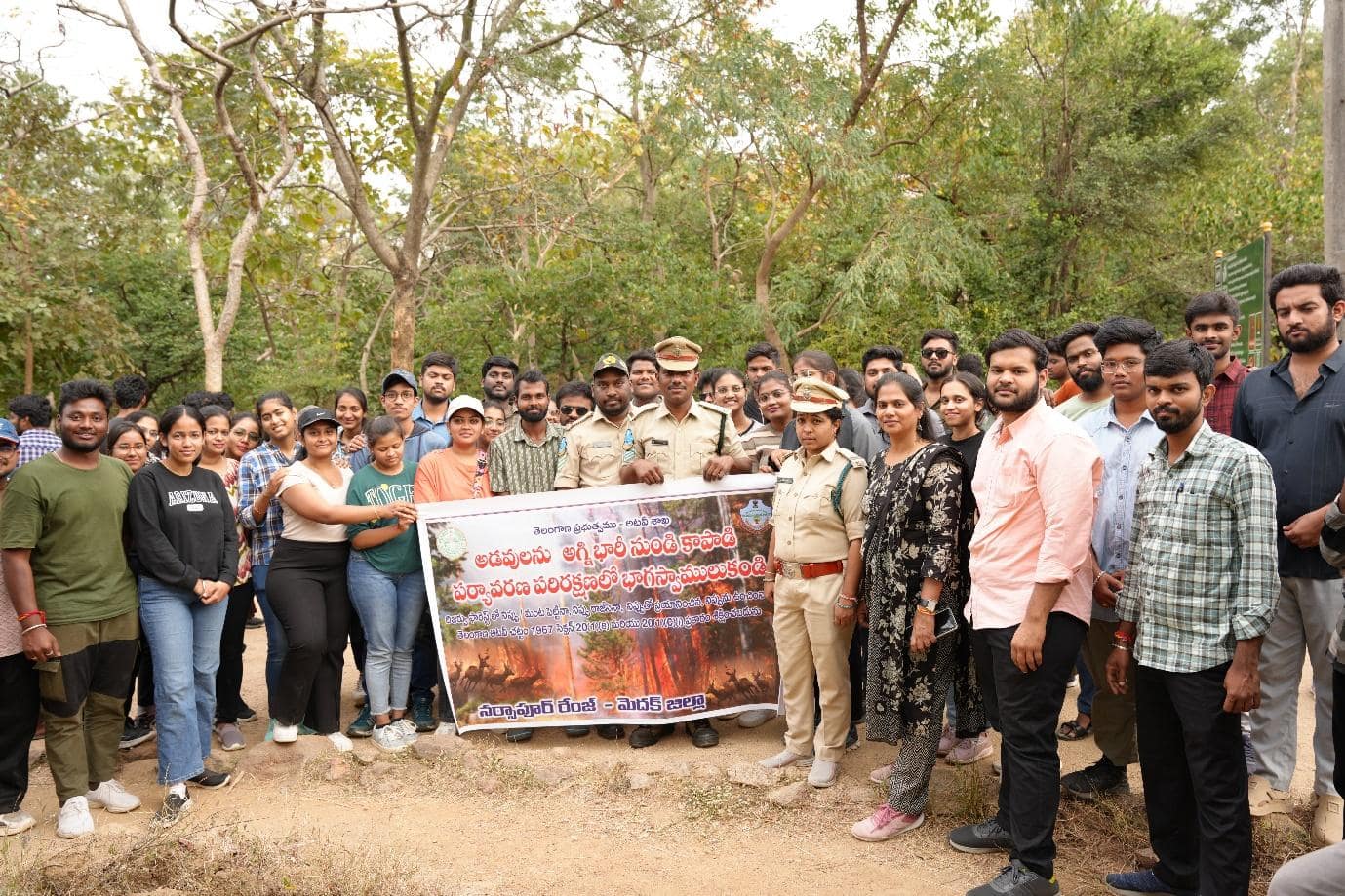
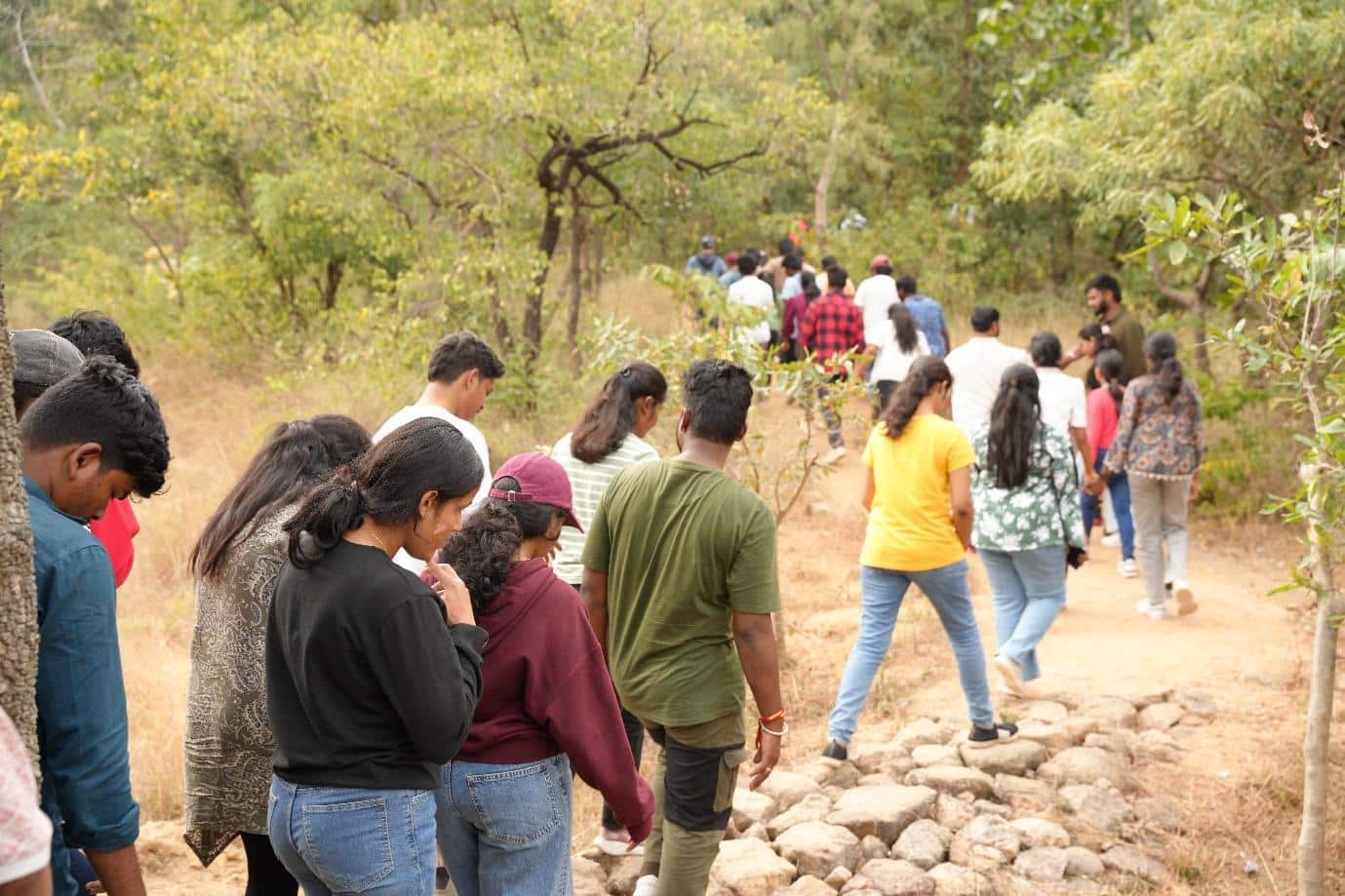
Throughout the program, students gained valuable insights into the complexities of rural development, particularly in agriculture. The hands-on exposure to farming practices, agricultural technology, and the real-world challenges faced by farmers provided students with a unique perspective that they could apply to their future careers. Furthermore, the immersive nature of the program helped students develop important skills such as leadership, effective communication, and emotional intelligence—critical qualities for anyone looking to make a difference in rural communities.
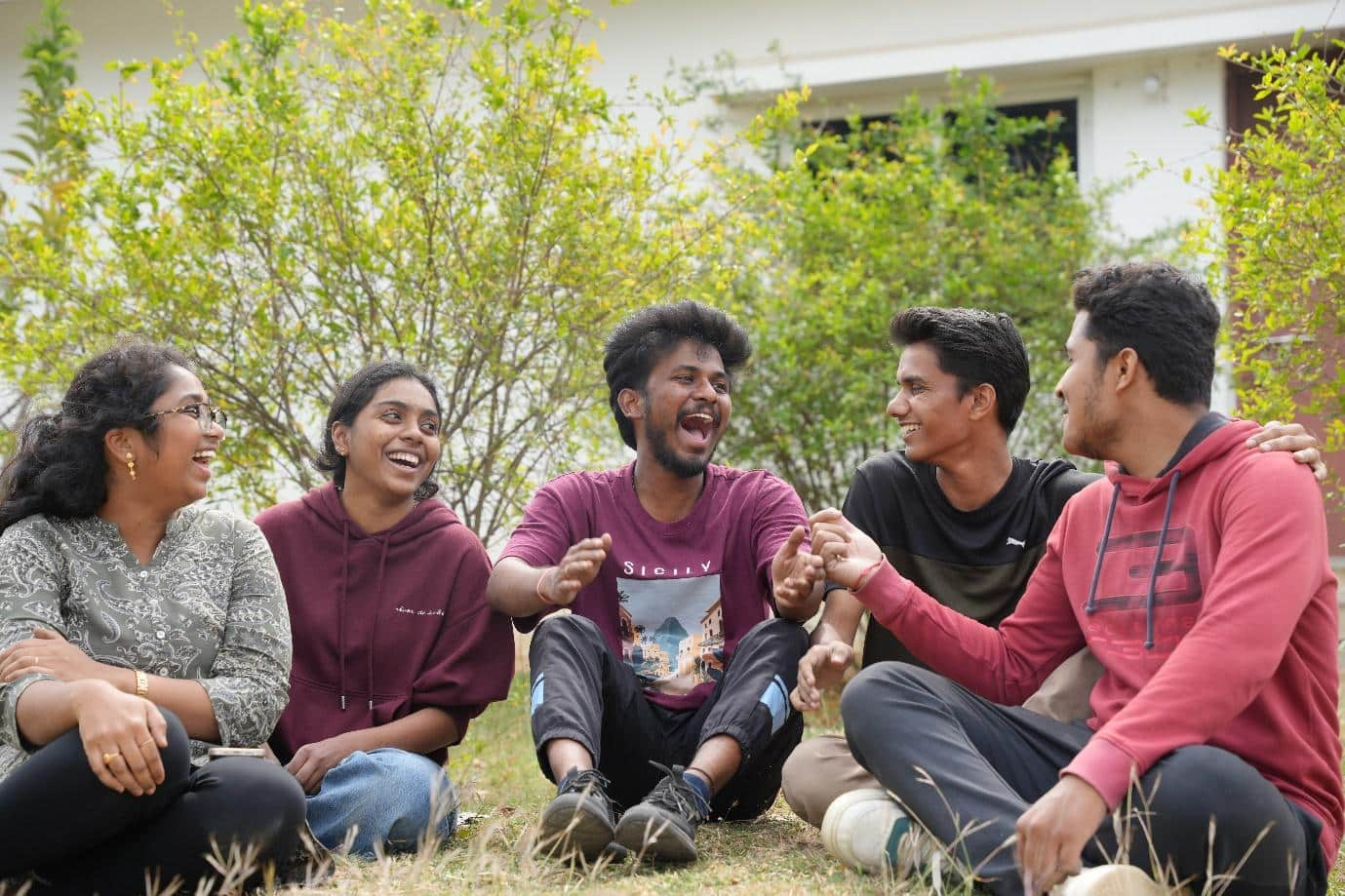
By the end of the Rural Immersion Program, students were not only better equipped to understand rural dynamics but were also inspired to contribute to the sustainable development of rural areas. The holistic nature of the program helped them develop a well-rounded perspective that would serve them in both their professional and personal lives.
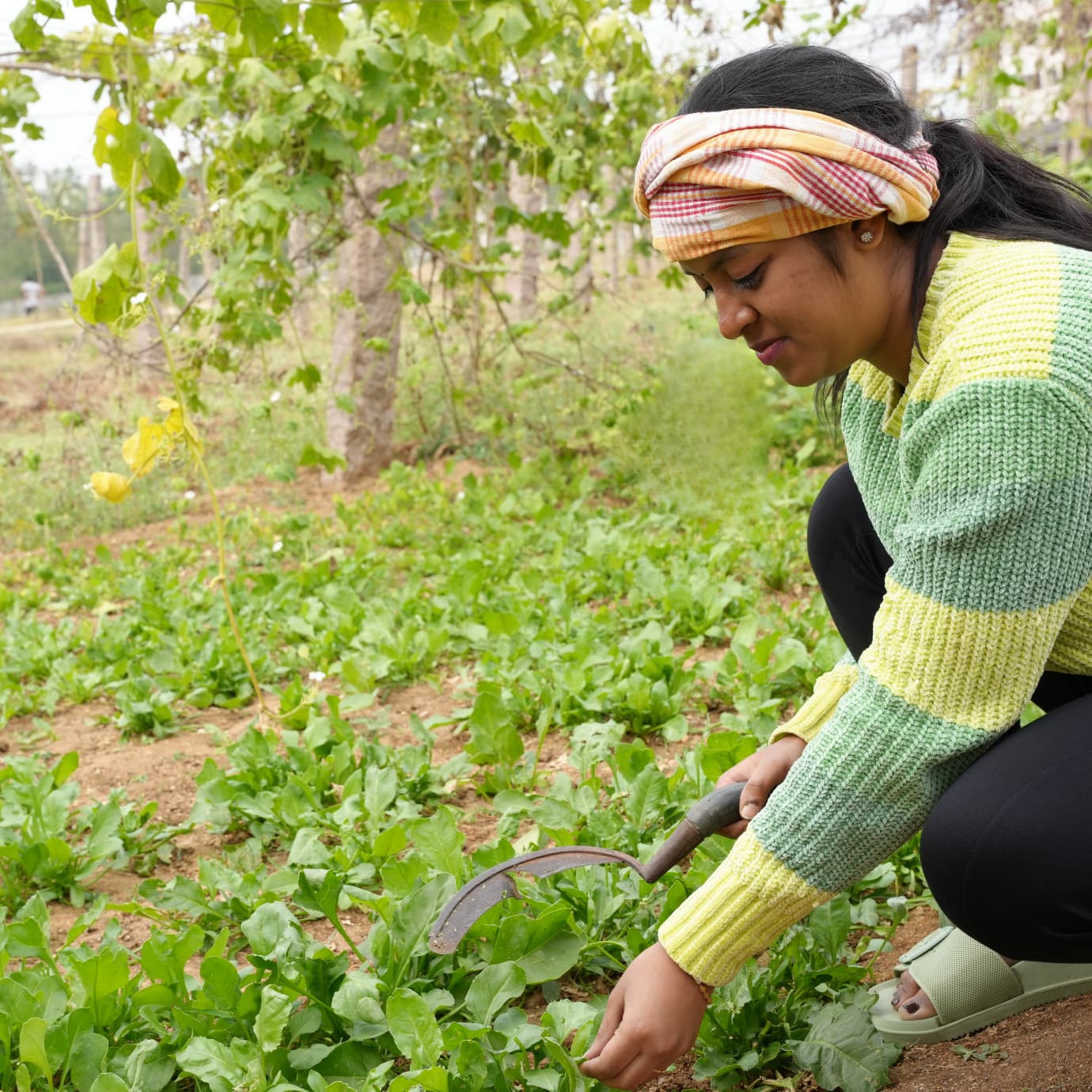
VJIM’s Rural Immersion Program was an overwhelming success in fulfilling its goal of providing students with a deep understanding of rural realities. The program, guided by the leadership of Dr. Amanat Husain and other faculty members, continues to play a pivotal role in shaping the next generation of leaders who are equipped to drive meaningful change in rural India. With its focus on holistic development, VJIM’s approach to education ensures that students not only learn about management but also gain a nuanced understanding of the agricultural and rural development sectors—preparing them to tackle the challenges of a rapidly evolving world
Disclaimer: This article has been published as a marketing initiative between VJIM Hyderabad and Careers 360.
List of Related colleges
Questions related to VJIM Hyderabad
On Question asked by student community
Hello,
Two niche institutes offering quality PGDM programs but cater to varied aspiration levels. Both are standalone business schools that are much sought after.
IIRM suits students who want to specialize within a niche stream such as Insurance, Risk management or BFSI. They offer specializations within these areas with strong
Hello Aspirant,
You have not mentioned the course for which you want to know the cutoff. Hence I am giving the percentile cutoff for all the courses at VJIM through TSICET for Gen category:
- CMAT- 80%
- CAT- 75%
- MAT- 67%
- ATMA- 85%
Hope this helps you.
Feel free to ask
Hi Sharayu,
I understand that you are inquiring about the bass patli facilities order the transportation facilities at Vignana Institute of Management and so to answer your question there is indeed the transportation service that is run by the college authority is for the students who are pursuing degree courses
Hi aspirant
thanks for asking you query as per your rank and performance in jee mains you may not get any government college through the counselling of josaa 2019 because your percentile is very low therefore i would suggest you to look for any private engineering college
for more information
Yes. You can get it in VNR in first phase.
Applications for Admissions are open.
Beyond MBBS: Discover New Doors in Healthcare | Apply for UG in Health Sciences | Pharmacy | Nursing | Physiotherapy | Public Health | Occupational Therapy
Amity University-Noida B.Sc Admissions 2026
ApplyAmong top 100 Universities Globally in the Times Higher Education (THE) Interdisciplinary Science Rankings 2026
Sharda University Admissions 2026
ApplyNorth India's Largest Educational Group | NIRF Ranked 87 | NAAC A+ Grade | Highest Package 1.6 Cr
Chandigarh University Admissions 2026
ApplyNAAC A+ Accredited | Among top 2% Universities Globally (QS World University Rankings 2026)
Manav Rachna | B.Sc Admissions 2026
ApplyNAAC A++ Grade | Recognized as Category-1 Deemed to be University by UGC
SRM University A.P UG Admissions 2026
ApplyUG Admissions Open 2026 | Highest CTC 52 LPA | Average CTC 9.09 LPA | 60+ Collaborations with the world's best Universities
